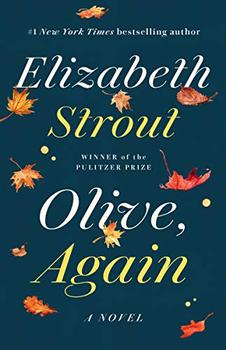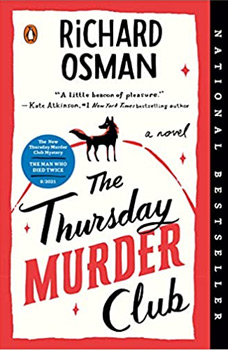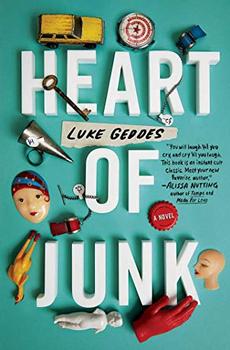Summary | Excerpt | Reading Guide | Discuss | Reviews | Beyond the book | Read-Alikes | Genres & Themes | Author Bio

A Novel
by Elizabeth StroutWinner of the 2019 BookBrowse Fiction Award
Prickly, wry, resistant to change yet ruthlessly honest and deeply empathetic, Olive Kitteridge is "a compelling life force" (San Francisco Chronicle).
The New Yorker has said that Elizabeth Strout "animates the ordinary with an astonishing force," and she has never done so more clearly than in these pages, where the iconic Olive struggles to understand not only herself and her own life but the lives of those around her in the town of Crosby, Maine. Whether with a teenager coming to terms with the loss of her father, a young woman about to give birth during a hilariously inopportune moment, a nurse who confesses a secret high school crush, or a lawyer who struggles with an inheritance she does not want to accept, the unforgettable Olive will continue to startle us, to move us, and to inspire moments of transcendent grace.
Older characters are still fairly rare in literature, so it's refreshing to encounter a protagonist in her 80s. Crosby feels like a microcosm of modern society, with Olive as our Everywoman guide. She hasn't lost her faculties or her spirits, but the approach of death lends added poignancy to her story. Those who are wary of sequels need not fear: Olive, Again is even better than Olive Kitteridge, and one of the most profound and worthwhile books of the year...continued
Full Review
 (769 words)
(769 words)
(Reviewed by Rebecca Foster).
 The elderly are often underrepresented in popular culture, and where these characters do exist, they are often one-dimensional. The most effective depictions of elderly people demonstrate that age does not limit one's ability to have an interesting inner life, new adventures, and/or the chance for romance. In short, they resist the notion that life is over when one retires or becomes a widow/widower.
The elderly are often underrepresented in popular culture, and where these characters do exist, they are often one-dimensional. The most effective depictions of elderly people demonstrate that age does not limit one's ability to have an interesting inner life, new adventures, and/or the chance for romance. In short, they resist the notion that life is over when one retires or becomes a widow/widower.
One way to combat the stereotypical characterization of blank or confused elderly people is to give them a rich intellectual life. Penelope Lively's Booker Prize-winning Moon Tiger (1987) explores the layers of 76-year-old Claudia Hampton's personal history. To all appearances, there's not much going on in this old woman's head as she lies ...

If you liked Olive, Again, try these:

by Richard Osman
Published 2021
Four septuagenarians with a few tricks up their sleeves
A female cop with her first big case
A brutal murder
Welcome to...
THE THURSDAY MURDER CLUB

by Luke Geddes
Published 2021
A hilarious debut novel about an eclectic group of merchants at a Kansas antique mall who become implicated in the kidnapping of a local beauty pageant star.